Romeo whispered sonnets beneath Juliet’s balcony. Hamlet scribbled anguished love letters to Ophelia. But let’s face it—Shakespeare’s characters would flounder in today’s dating landscape. Swiping right requires different skills than composing iambic pentameter. Modern romance demands a new playbook, one where emojis carry more weight than soliloquies and "ghosting" has nothing to do with Banquo.
The Art of the Digital First Impression
Gone are the days when a lingering glance across a crowded room sufficed. Your first impression now happens in pixels. A poorly lit selfie or a generic "hey" in a dating app inbox can doom your chances before you’ve begun. The modern suitor crafts a profile with intentional ambiguity—a hiking photo that suggests adventure without committing to outdoorsiness, a witty bio that hints at depth but leaves them wanting more. It’s not deception; it’s strategic storytelling.
And what of the opening message? Shakespeare had quill and parchment—you have autocorrect and GIF keyboards. The trick lies in threading the needle between originality and relatability. Reference their obscure favorite band? Too try-hard. Comment on their dog? Now you’re just one of seventeen others doing the same. The winners deploy situational humor—a playful jab about the terrible bar in their last photo, perhaps—creating the illusion of shared context where none yet exists.
Subtext in the Age of Screens
Elizabethan lovers had handkerchiefs to drop as conversation starters. You have the deliberate pause before responding to a text. Timing has become its own language—reply too fast and seem desperate, too slow and risk indifference. The modern courtship dance happens in those blue bubbles, where read receipts wield more power than daggers in Verona.
Emojis have evolved into a nuanced lexicon. The difference between a heart and a heart-eyes emoji could determine your romantic fate. Even punctuation carries weight—a period where none is needed reads as passive aggression, while an exclamation point can telegraph enthusiasm or desperation depending on the hour it’s sent. Never has so much meaning been packed into so few characters since Shakespeare penned "To be or not to be."
The Vulnerability Paradox
Shakespearean heroes declared love in sweeping monologues. Today’s daters must balance authenticity with self-preservation. Overshare too soon about your childhood trauma, and you’re labeled a red flag. Remain stoically mysterious, and you’re emotionally unavailable. The sweet spot? Revealing just enough to intrigue—mentioning your irrational fear of escalators invites connection without trauma-dumping.
Social media complicates this further. To like or not to like their two-year-old vacation photos? That’s the modern equivalent of appearing outside their window with a boombox. Strategic engagement is key—react to their recent story, not their baby pictures. Let them wonder whether your digital breadcrumbs form an intentional trail or mere coincidence.
Ghosting and Its Antidotes
Rosencrantz and Guildenstern had closure—modern disappearances leave you checking your spam folder. Ghosting has become the breakup method of our age, a passive rejection that leaves the ghosted parsing their last message for offense. But the savvy dater develops countermeasures—the casual bump-into at mutual friends’ gatherings, the perfectly timed Instagram story showing you thriving elsewhere.
Some have weaponized ghosting, employing the "soft ghost"—just responsive enough to maintain hope, just distant enough to avoid commitment. It’s cruel efficiency Shakespeare never envisioned, though he’d likely admire its dramatic potential. The antidote? Radical transparency that feels shocking in its simplicity: "I’m not feeling this." Spoken plainly, it’s more jarring than any soliloquy.
Algorithmic Love
No star-crossed lovers these—today’s matches are engineered by unseen codes. We’ve outsourced chemistry to machine learning, trusting apps to discern compatibility from swiping patterns. The modern romantic studies these algorithms like a scholar poring over sonnets, learning that lingering on profiles boosts visibility, that Wednesday evenings yield higher match rates.
Yet the human element persists in unexpected ways. A shared dislike of cilantro becomes the new "Romeo, Romeo." Inside jokes about bad profile prompts replace whispered sweet nothings. The paradox? We use technology to facilitate connection, then pride ourselves on transcending it. "We met through mutual friends," you’ll say later, omitting the six months of algorithmic sorting that preceded it.
The Slow Burn Revival
In rebellion against instant gratification, a counter-movement emerges. The deliberate pace—letting tension build like a Shakespearean fifth act. This modern restraint appears in the carefully spaced dates, the withheld kiss until the third meeting, the handwritten note that arrives unexpectedly. It’s courtship as performance art, all the more potent for its rarity.
Younger generations, raised on digital immediacy, find novelty in analog romance. Vinyl records instead of Spotify playlists. Board game nights over Netflix. The very slowness becomes the seduction, each delayed gratification a small rebellion against the swipe-and-consume model. Shakespeare would nod approvingly—after all, what was "will they, won’t they" if not the original slow burn?
Post-Date Communication Etiquette
The carriage doesn’t turn into a pumpkin at midnight anymore—it becomes a psychological minefield. To text or not to text after a date? The rules have blurred. Immediate follow-up reads as needy, but waiting three days now seems archaic. Modern consensus suggests a next-day message—appreciative but not effusive, leaving room for mutual escalation.
Then comes the scheduling tango. "I’m free next week" could mean anything from genuine interest to polite dismissal. The initiated recognize the difference between calendar specifics ("Thursday after seven") and vague pleasantries ("Let’s do something soon"). Shakespeare’s messengers at least delivered clear rejections—modernity favors plausible deniability in all things.
Redefining Chivalry
Feminism rewrote the courtship script, rendering some traditions obsolete while resurrecting others. Holding doors remains; assuming she can’t pay does not. Modern chivalry focuses on attentiveness rather than gendered gestures—noticing her drink needs refreshing, remembering his allergy to shellfish. It’s consideration stripped of condescension, a meeting of equals where small kindnesses speak louder than grand gestures.
The pay-for-the-date debate continues evolving. Splitting the bill signals equality, but insisting can sometimes read as disinterest. The solution? Natural reciprocity—"I’ll get this one, you get next time" implies future plans while respecting autonomy. Shakespeare’s heros never faced Venmo requests after wooing their ladies, but then, they also died tragically by act five.
Love in the Time of Content
Every relationship now has its own unspoken press secretary. Do you post the couple photo or maintain mystique? Tag them in memes or keep interactions offline? The modern lover curates their digital coupledom with the care of a museum exhibition—too much and you’re cloying, too little and rumors of trouble brew.
Even breakups require media strategy. The unfollow timing, the ambiguous song lyrics, the strategic appearance of new hobbies in stories—it’s all coded communication. Shakespeare had asides to the audience; we have finstas. The most romantic gesture today might be keeping your relationship off social media entirely, making it a rare private treasure in an oversharing world.
The New Happy Ever After
Perhaps the biggest departure from Shakespearean romance is the rejection of predetermined endings. Modern love stories meander—they allow for seasons apart, for changing priorities, for relationships that evolve rather than conclude. The pressure for "forever" has eased, making room for meaningful connections that last exactly as long as they should.
In this landscape, the most romantic act might be presence—putting down phones during dinner, remembering small preferences, embracing the mundane together. No sonnet required, just the courage to say "I like you" without subtext or strategy. And that, finally, is something Shakespeare might recognize.

By /Jul 3, 2025

By /Jul 3, 2025

By /Jul 3, 2025

By /Jul 3, 2025
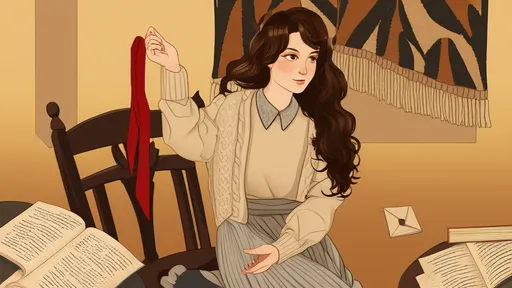
By /Jul 3, 2025

By /Jul 3, 2025

By /Jul 3, 2025

By /Jul 3, 2025

By /Jul 3, 2025

By /Jul 3, 2025
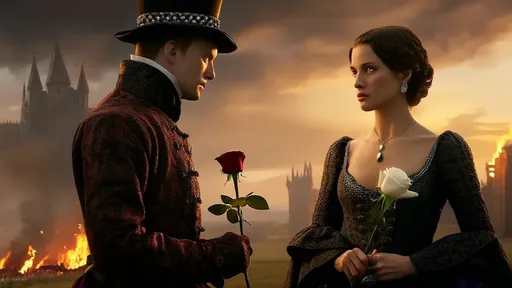
By /Jul 3, 2025
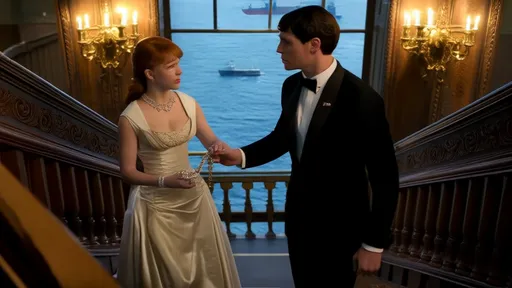
By /Jul 3, 2025
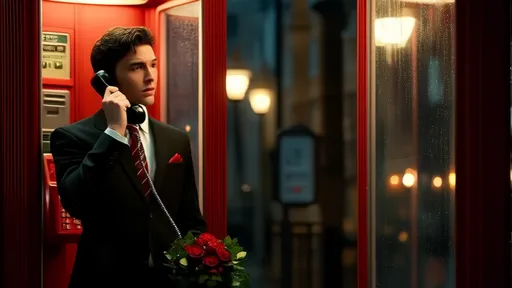
By /Jul 3, 2025
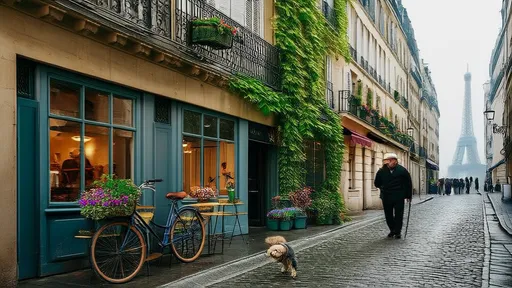
By /Jul 3, 2025
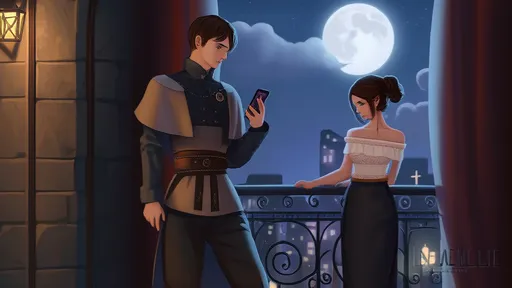
By /Jul 3, 2025

By /Jul 3, 2025
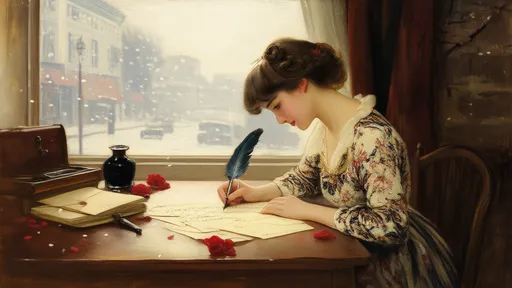
By /Jul 3, 2025
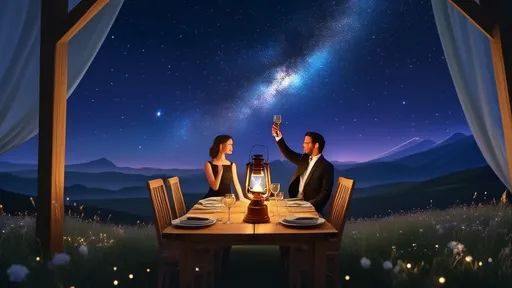
By /Jul 3, 2025